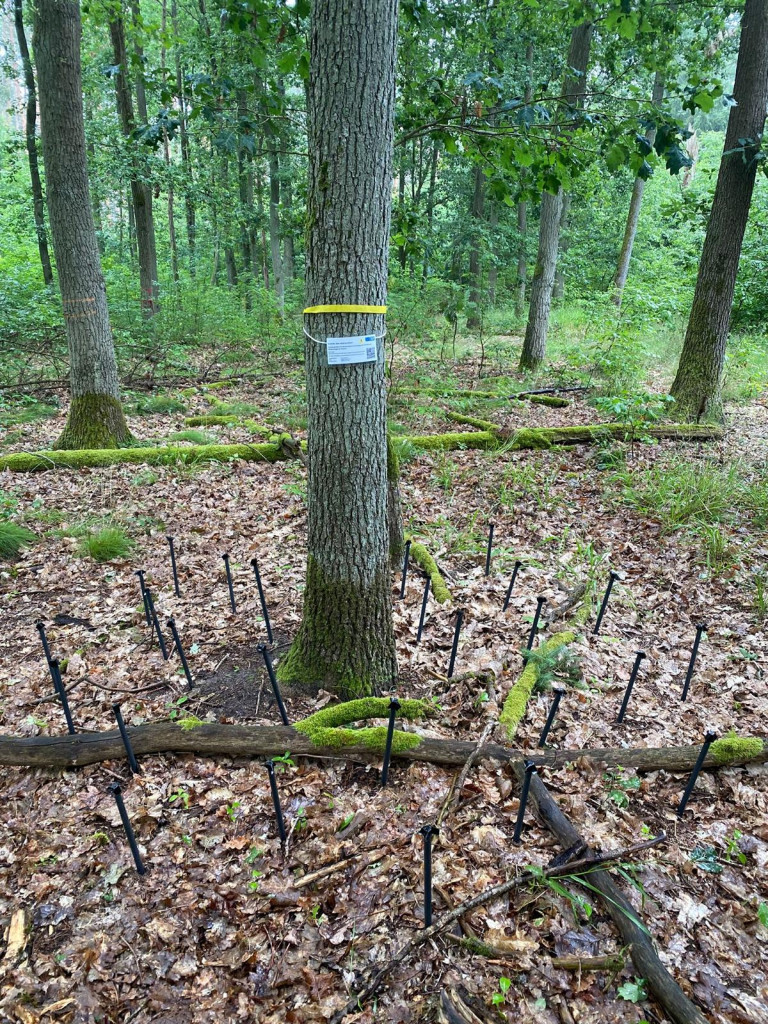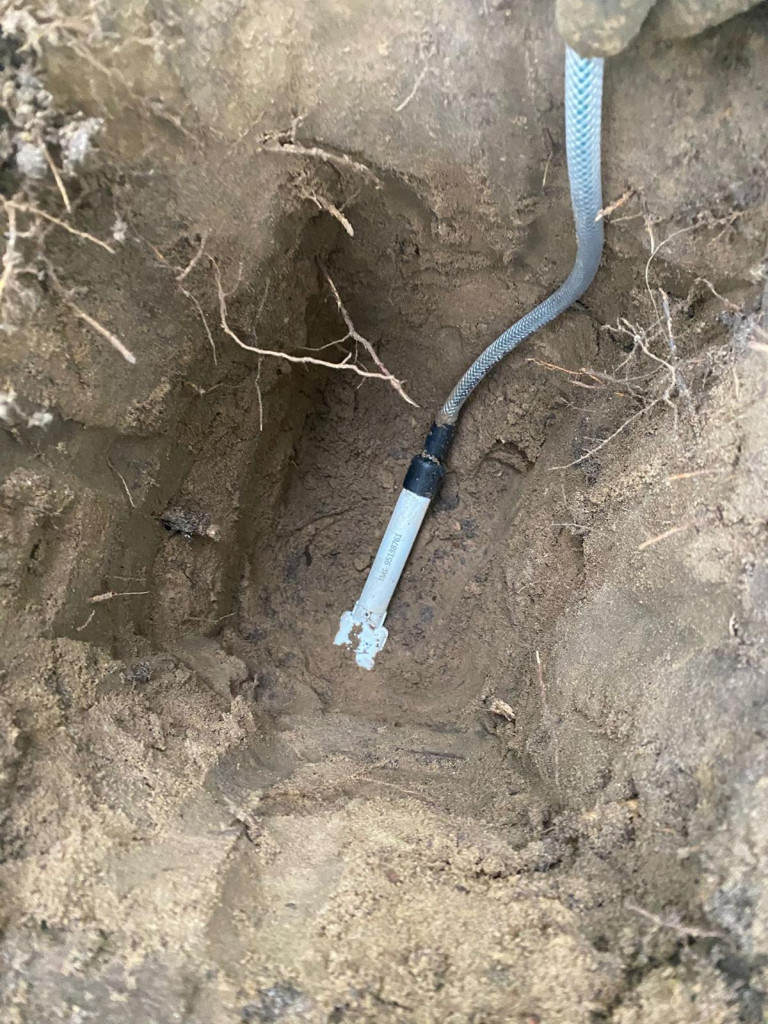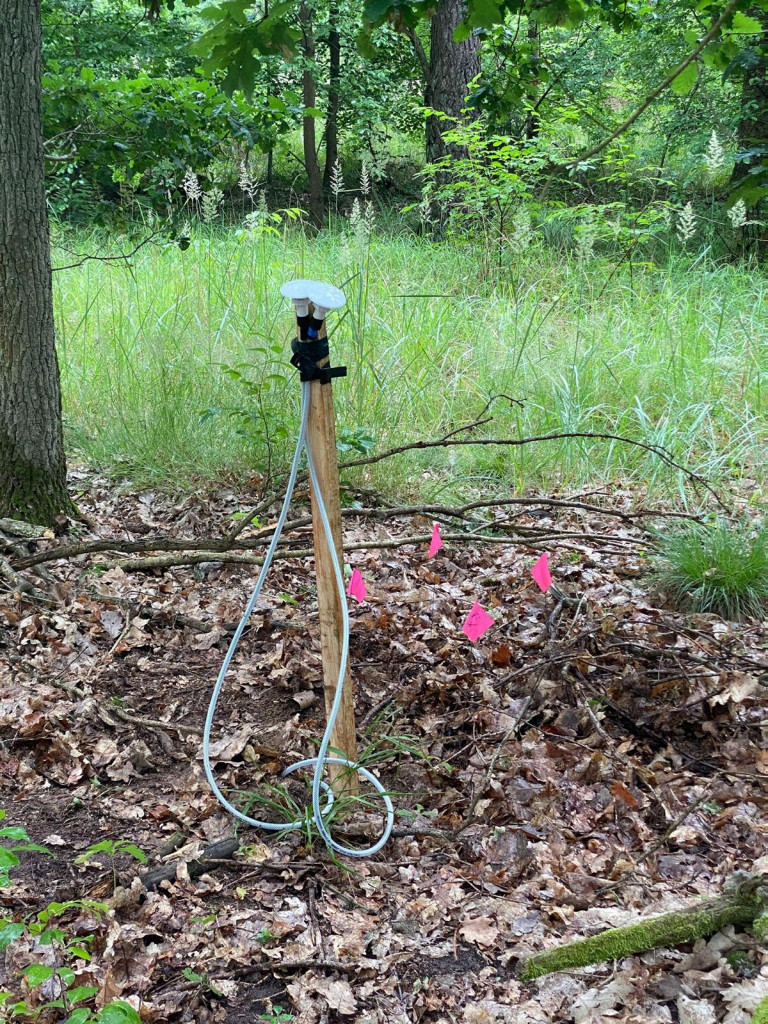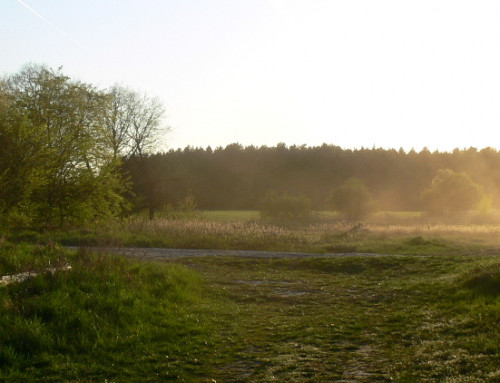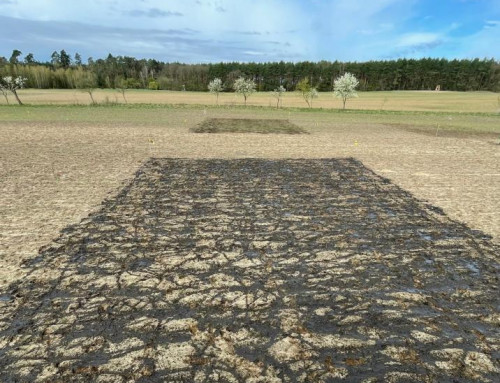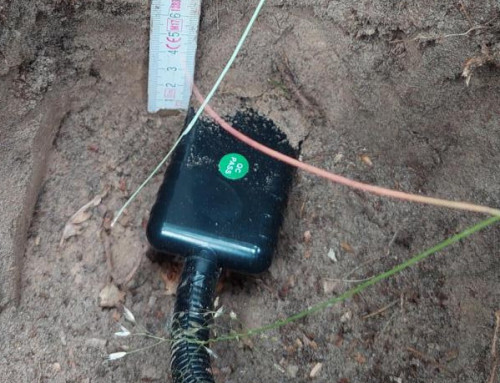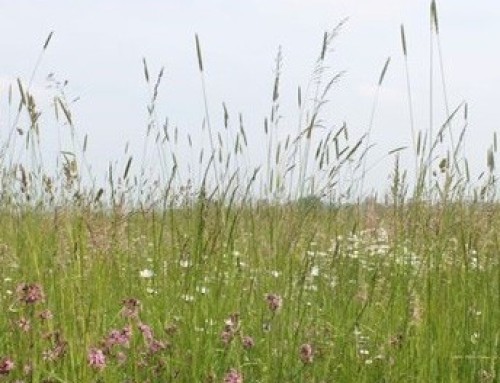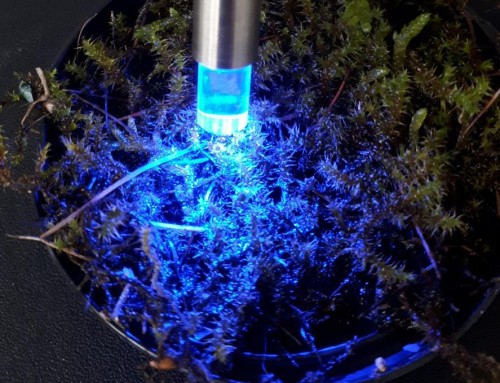Type of project: PhD project
Supervisors: Prof. Dr. Peter Annighöfer, Prof. Dr. Thorsten Grams, and Dr. Timo Gebhardt, TU of Munich
PhD students: David Dluhosch and Syed Tuhin Ali
About the project
The advancing climate change is already now leading to extreme weather events, the frequency of which is very likely to increase further. In recent years, forest ecosystems in Europe have been heavily affected by droughts. These events have shown that the stability and resilience of native forests must be increased if they and their functions are to be preserved in the long term.
The research project presented here focusses on the interactions between trees in promising mixtures with regard to complementarity and competition in the use of water. The project will be focusing on different oak mixtures, in combination with beech, pine or Douglas fir. The aim is to advance the scientific basis for evaluating these tree species mixtures as a silvicultural method to increase the climate resilience of forests.
The project is a joint research between the Professorship of Forest and Agroforest Systems and the AG Ecophysiology of Plants. The research work is focusing to quantify and innovatively link tree architecture, forest structure and the water balance of trees and stands to one another using three-dimensional imaging techniques and ecophysiological methods in different regions in Germany. Analyzes are carried out continuously on the one hand, and retrospectively on the other. The retrospective analyses on drought stress resilience will be based on investigations of the tree ring widths in combination with the stable carbon and oxygen isotope signals in the wood, to quantify the drought stress individually experienced. The ecophysiological part of the project is to collect data on the water balance and the potential of passive redistribution of water in the soil through root systems (hydraulic redistribution [HR]) to improve the existing water balance. The research of the water balance is carried out with the “TreeTalker©” system, which is based on the system according to Granier (1985,1987). Here, xylem flux densities in 144 measurement trees on 6 measurement plots in Bavaria and Brandenburg (3 each area) are collected in order to be able to calculate conclusions on the water consumption, the drought stress reaction as well as the relevance of possible HR effects on tree and stand level. HR will be investigated by isotopic analysis of stable hydrogen isotopes (Deuterium 2H and 18O) of xylem samples from stems of the measurement trees and drill stick samples of the soil. In addition, xylem flux sensors (SFM1 sensors, Umwelt Geräte Technik GmbH) will be used to monitor water flux, both up-stem and down-stem by the Heat Ratio Method. The aim is to derive and develop recommendations for action to increase drought stress tolerance for stands through the data obtained and the results obtained, which will improve the climate resilience of forest ecosystems.
The project is funded by the Agency for Renewable Resources (Fachagentur für nachwachsende Rohstoffe, FNR), a project executing agency of the Federal Ministry of Food and Agriculture (BMEL).

